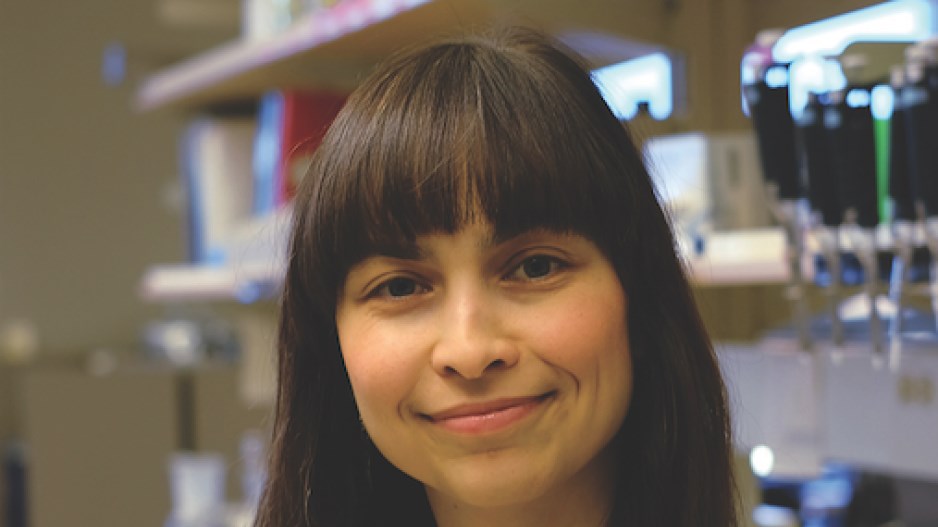A government-funded non-profit group tasked with linking Canadian academia and domestic technology startups has hit a major milestone.
In the last year, the Mitacs internship program has connected 1,500 University of British Columbia (UBC) post-doctoral students with private-sector partners, officials said.
The number is about double the internships Mitacs usually provides at the Vancouver-based university annually, as yearly totals usually fall between 500 and 1,000, said CEO Alejandro Adem.
The eventual goal in 2020 is to connect 10,000 top post-doctoral researchers with startups that require technical or research and development (R&D) manpower to expand but lack the resources to hire those researchers themselves. Currently, the national internship numbers hover around 8,000.
“I was just flabbergasted when I saw the numbers,” Adem said, noting the internship program connected some of UBC’s top talents in fields like biochemistry, robotics and artificial intelligence with local firms in need.
“It has been our dream to get that level of uptake in our program.… Both the academics and companies are upping their games to take part, and we need to bring them to the forefront because it’s a challenge to compete with countries like South Korea and Germany who are pumping in so much investment into their R&D as part of their economic development.”
Mitacs receives funding from both Ottawa and the province to provide paid internships to approved post-doctoral candidates, while the companies receive valuable research support without taking on the usual costs of hiring full-time employees.
One company that has directly benefited is Richmond-based SignalChem, which is trying to diversify beyond its main business of making proteins for laboratory testing and use by other researchers and pharmaceutical firms.
Chief science officer Zaihui Zhang said that while SignalChem was able to compile a list of 3,000 customers from its protein business, he joined the company in 2012 specifically to delve into the discovery of new drugs and treatments themselves.
“That’s the passion for all researchers,” said Zhang, whose company is now working with three UBC professors and their post-doctoral students through Mitacs internships. “The passion for us is always to create some sort of cancer therapy. That’s why we decided that’s what we wanted to do: to help people and to cure patients. But we have limited resources in-house, and what Mitacs can do is to connect us to the research expertise that’s available at the local universities.”
SignalChem has a staff of 50 people, although only five to 10 work on the drug-discovery side of the business.
With the help of interns like Katharina Rothe – a post-doctoral researcher at UBC who received her PhD in 2015 and has been working for SignalChem through Mitacs programs since 2017 – the company is now planning to push its new molecular treatment for lung cancer and leukemia to the clinical stage in Canada this summer.
The treatment, essentially a pill that would kill cancer cells and strengthen patients’ immune systems against cancerous growth, has the potential to make cancer a condition that can be managed through medication, researchers said.
Zhang said the research process would not be this advanced without the help of researchers like Rothe.•




